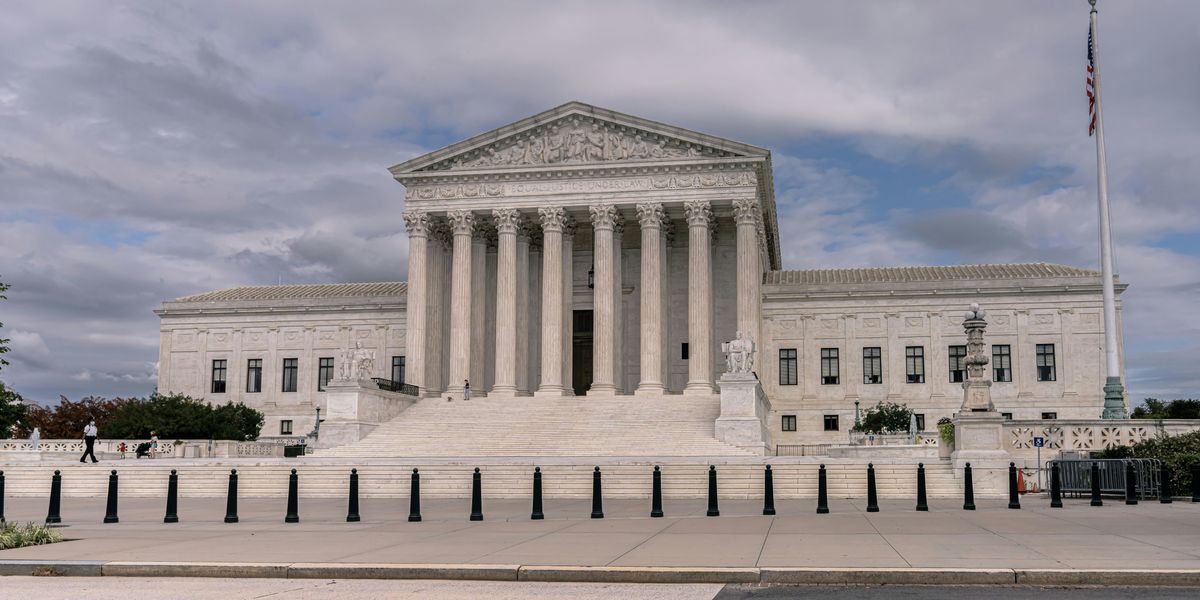laws
EU nations push to preserve biodiversity laws
Eleven EU countries, spearheaded by Ireland, advocate for the ratification of pivotal biodiversity restoration laws, aiming for legislative success within the month.
In short:
- Environment ministers from 11 nations, including Ireland, Germany, and France, have called on peers to support EU nature restoration laws, set to expire.
- The legislation mandates restoring a significant portion of degraded habitats by 2050 and proposes planting 3 billion trees.
- Amidst political tension, the upcoming EU presidency of Hungary could derail the initiative unless ratified soon.
Key quote:
"We must act urgently and decisively to conclude the political process. Failure to do so would be a carte blanche to destroy nature and would fundamentally undermine public faith in the EU’s political leadership at home and internationally."
— Eamon Ryan, Ireland’s Environment Minister
Why this matters:
Biodiversity, the variety of life in all its forms, provides essential services that make the Earth livable. Our natural environments purify our air and water, pollinate crops, control pests, and provide food. When species and habitats are lost, these services are diminished or disappear, posing direct and indirect threats to human health. For instance, the loss of biodiversity can increase the transmission of infectious diseases and reduce the resilience of food systems to pests and climate shocks.
Oil industry prepares executive orders for Trump's potential return
The U.S. oil sector is creating executive orders for Donald Trump, focusing on natural gas exports and deregulating drilling, anticipating his possible reelection.
In short:
- Energy executives express concern over Trump's potential lack of focus on energy policy if reelected, prompting preemptive action.
- Plans include reversing Biden's green initiatives and increasing federal lands access for oil drilling.
- Industry insiders are crafting detailed drafts to ensure favorable policies are implemented swiftly.
Key quote:
“You’ll see a lot of Biden regulations that have come out in the past six months checked one way or another. It’s going to be like shooting fish in the barrel — there’s just so much to go after.”
— Stephen Brown, director of energy consulting firm RBJ Strategies and a former refining industry lobbyist
Why this matters:
The oil industry's direct involvement in drafting executive orders reveals the sector's anticipation of a political climate more favorable to fossil fuel enterprises, which contrasts starkly with the current regulatory approach that prioritizes environmental safeguards and renewable energy sources.
Related EHN coverage:
Florida may soon omit 'climate change' from state laws
Florida is poised to remove references to climate change in state laws, focusing instead on energy affordability and security, a shift led by Governor Ron DeSantis.
In short:
- The proposed legislation reverses previous policies that prioritized climate change in energy decisions, introduced by former Governor Charlie Crist.
- Critics, including Crist now a Democrat, express concerns over Florida's vulnerability to sea-level rise, criticizing the timing of the policy shift.
- The bill, supported by Republicans and opposed by Democrats, must be signed or vetoed by DeSantis by May 15.
Key quote:
“It’s disappointing to see a continuing lurch in the wrong direction, particularly when Florida, with our coastline, is probably the most vulnerable to rising sea levels, I mean if we don’t address it, who’s going to? It breaks my heart.”
— Former Governor Charlie Crist
Why this matters:
This legislative change could significantly impact Florida, a state especially at risk from rising sea levels and severe weather. Shifting focus from climate change to energy affordability may undermine efforts to address these environmental challenges.
In 2022, Peter Dykstra urged us to treat climate deniers as accomplices.
Vermont debates new climate compensation bill targeting fossil fuel firms
Vermont is considering a groundbreaking bill that would use a "Superfund" model to recover costs from fossil fuel companies for climate-related damages, reflecting a shift toward climate adaptation.
In short:
- The proposed Climate Superfund Act in Vermont aims to implement the "polluter pays" principle to address costs from climate change impacts.
- The bill has passed the Vermont Senate and is supported by a majority in the House, signaling strong legislative backing.
- Financial contributions from fossil fuel companies would fund infrastructure updates and other adaptive measures in Vermont.
Key quote:
“One thing that it definitely isn’t about is cutting carbon pollution. This one really is about what are the effects of the climate crisis going to be on Vermont, how we make them less severe, less costly, and how do we pay for them when they inevitably do come?”
— Ben Edgerly-Walsh, director the climate and energy program at the Vermont Public Interest Research Group
Why this matters:
This bill could set a precedent for other states, offering a template for linking climate-related damages to corporate accountability, and moving toward adaptation strategies.
Learn more about the impact fossil fuels have on our health: Fossil fuels and petrochemicals may be making us sicker.
Florida moves to remove climate change mentions from its laws
Florida is set to largely eliminate climate change references from state legislation, despite facing significant environmental challenges.
In short:
- A proposed bill in Florida aims to remove the majority of climate change mentions from state laws, amid efforts to address sea level rise and hurricane threats.
- The bill includes measures like banning offshore wind energy and relaxing natural gas pipeline regulations, signaling a reluctance to confront the root causes of climate-related impacts.
- Critics argue the bill sends a message that climate change is not a state priority, potentially stifling green industry development and ignoring public concern over climate impacts.
Key quote:
"Florida is on the front lines of the warming climate crisis, and the fact that we’re going to erase that sends the wrong message."
— Yoca Arditi-Rocha, executive director of the CLEO Institute
Why this matters:
This move may influence how climate issues are addressed, prioritized and funded, possibly leading to a reduced focus on climate change mitigation and adaptation strategies. If enacted, it could also set a precedent for other states, affecting national climate policy discourse and action, with implications for environmental regulation, energy policy and public awareness of climate issues.
From vaccines to elections to climate change, denial is doing lasting damage to the country.
Environmental activists' prosecution underlines a democratic crisis
A U.N. report highlights the increasing criminalization of environmental activism in Europe, presenting serious implications for human rights and democratic processes.
In short:
- The U.N. Special Rapporteur underscores the need for legal protections for environmental protesters, facing increasing criminalization in Europe.
- New U.S. state laws are intensifying penalties for environmental activism, framing it as a threat to 'critical infrastructure.'
- European governments are urged to align their practices with international environmental human rights treaties.
Key quote:
The report has relevance for the United States because “the U.S. is one of the countries that keeps undermining the right to healthy environments in international processes."
— Sébastien Duyck, a senior attorney with the Center for International Environmental Law
Why this matters:
The criminalization of environmental advocacy suppresses critical discourse on environmental issues that directly impact public health. This trend, as the article suggests, threatens the fabric of democracy and the ability of advocates to influence national and international environmental policies.
Youth environmental activism has moved us forward in many ways—but to maximize this impact we need coalitions that learn from the past in order to prepare for the future.



















